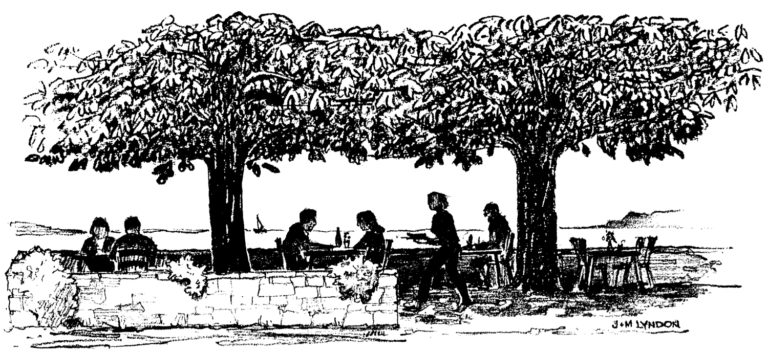I believe that giving exposure to efforts to include traditional and sustainable jobs and authentic hand made materials in our synthetic and transient world. Cotton is one of the most durable and eco-friendly materials when processed in traditional ways and the women that weave this cloth are in need of our support. When I was recently in a small market in Kigali, Rwanda amongst all the locally produced foods and spices, I was taken aback that all the “traditional’ fabrics that the women make their clothes from on old treadle sowing machines has all been produced in China by “traditional” processes.
This report by Kate Black on URBANTIMES
In the struggle for independence, Ghandi encouraged people to take to their looms to stop the practice of Indian cotton being sent to Britain for milling and re-sold back to India. This sparked a cottage industry, that today includes over 20 million families who depend on hand loom weaving. They can weave as much as 50 million meters of cloth a day, 250 million meters a week, 1 billion meters of cloth a month. All while using minimal energy and locally grown, natural cotton; making them the world’s most environmentally friendly textile manufacturers.
The IOU Project, the brainchild of designer Kavita Parma, combines this fabric with European tailors to create a modern, hip, easy-to-wear sportswear line that’s traceable, transparent, authentic and unique.
Parma, a designer, entrepreneur and global citizen, born in India but has also lived in the U.K., Hong Kong, Singapore, Canada, the U.S. and Spain, wanted to be involved in product development using traditional artisan skills.
“I started IOU out of sheer frustration,” Parma tells us, “with the current fashion system which was a race to the bottom about producing cheaper and faster, where quality and authenticity were the first victims of keeping up with the latest short lived trend in this voracious cycle of consumption we were feeding into.”
Parma wanted to “decommoditize fashion and return the conversation back to value instead of price.”
The IOU project is more than mere fashion, but a social movement meant to promoteresponsible consumption by disrupting and transforming existing supply chains into prosperity chains.
Madras is the perfect fabric to start that chain reaction. “There is over 1 billion or more dollars worth of Madras checks (named as such) sold in the market by major brands and none of it comes from the real madras weavers and most of it is not even made in India,” explains Parma.
To revindicate the Real Madras Weavers, Parma chose a co-operative where over 250,000 families have been weaving the traditional Madras checks, by hand, for centuries and then layers transparency and traceability, to create an emotional link between consumer and creator.
“The IOU Project was born from the need to empower both the artisan and the consumer,” states Parma.
She then went on to remind us that fashion has always reflected the social issues of the times from the corset-free silhouette of the 20’s flapper dresses to the mini skirt.
And as consumers become more aware of the scarcity of resources and the environmental threats our planet faces, not to mention the social inequalities that exist, we are drawn to “products of not only high quality and long lasting aesthetic but products of lasting value with an authentic story, one that makes them feel good and resonates emotionally with their beliefs.”
The collection of sporty separates for men and women includes unisex scarves, bags and espadrilles.





